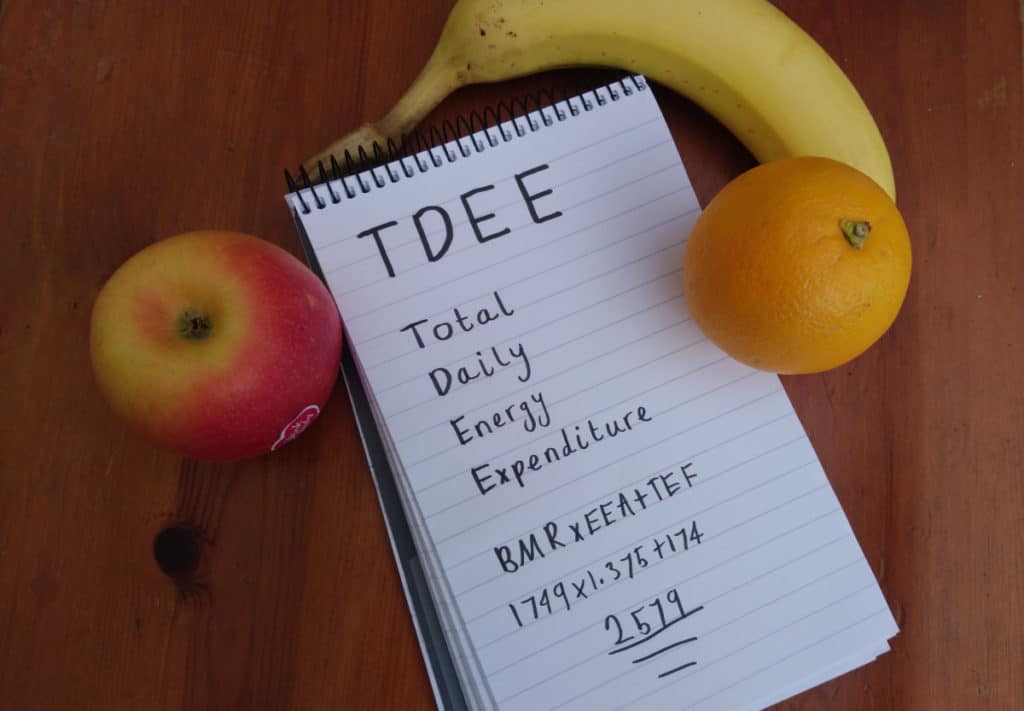Before you start out on the keto diet, you should be aware of the keto flu and keto flu symptoms. The low-carb and high-fat keto diet has regained prominence in recent years as more people turn to it for their weight loss needs. Its other health benefits like the ability to regulate blood sugar levels make it a more attractive option. What are the Symptoms of the Keto Flu?
The symptoms of the keto flu include headaches, cramping, constipation, fatigue, low mood, and cravings.
It is not a cause for any alarm, but if you are better prepared mentally and physically, it will not become an obstacle as you get on with the diet. Knowing what the symptoms of keto flu are, allows you to detect the condition much earlier and take appropriate measures to counter it.
When I went low carb, I suffered from headaches and cramps in my calves. These only lasted about 5 days for me.
Read my article on the ketogenic diet – The ultimate beginner’s guide to Keto to find out more about the keto diet.
If you’re looking for a keto diet program check out the 28-day keto challenge and the 3-week keto diet. Both of these provide you with meal plans which will really help you out. You can read my reviews of the 28-day keto challenge and the 3-week keto diet to find out more.
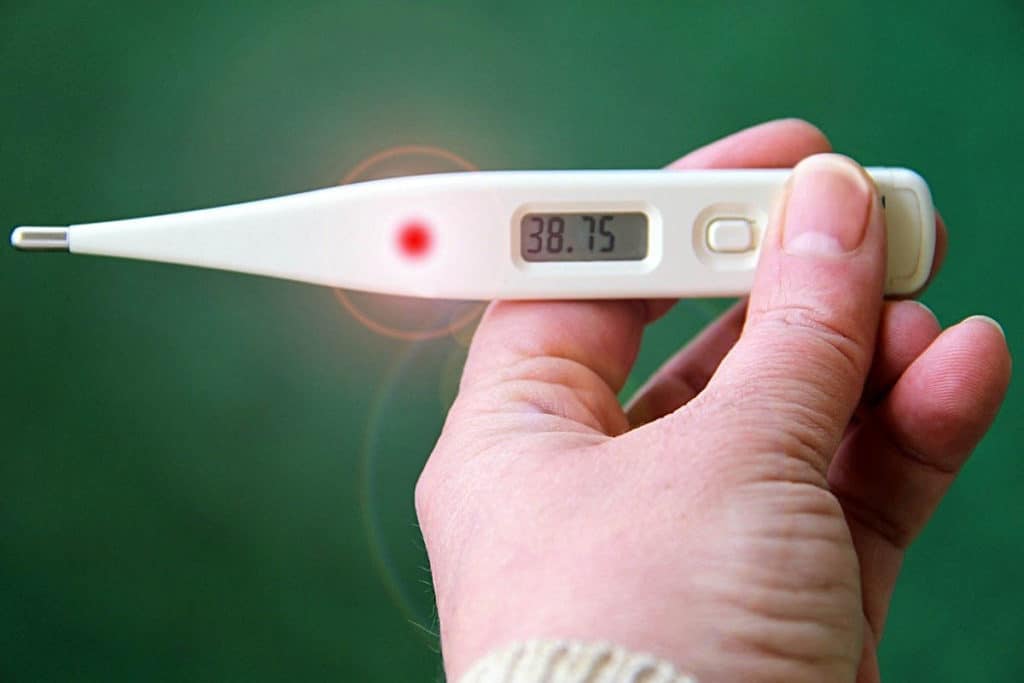
What is Keto Flu and How Long Does it Last?
Despite its reference as flu and even having a set of symptoms, the keto flu is not a clinically recognized condition. It describes a range of symptoms someone experiences after starting on the keto diet. The keto flu is your body’s natural response to the radical changes in your diet.
For the keto diet to work, your body goes into a state of ketosis where the body now burns body fat to produce ketones. Your body has to make a gradual transition to get to the state of ketosis and finally depend on it entirely for energy.
To make this transition, it undergoes changes from the cellular to the hormonal level. These changes come with undesirable side effects. Such effects range from headaches and dizziness to constipation and lethargy. The only positive aspect at this point is the realization that your body is getting into ketosis.

This means you are on your way to achieving your goal of the keto diet.
Keto flu usually happens between 24 to 48 hours after starting on the keto diet. It can last anywhere from four days to a week and in extreme cases almost a month.
The severity of the ketosis flu depends on your metabolic flexibility. Metabolic flexibility is how fast you can adapt to different energy sources without negative effects. It is influenced by your genetics and also your previous eating habits.
For example, individuals who were on a high carbs diet experience the keto flu more severely than those who had already adapted to low sugar diets.
The keto flu is more like the withdrawal symptoms of cutting out much of the carbs from your diet. Studies have established that sugar, has the same effect on the brain as addictive substances.
Causes of Keto Flu?
Generally, the transition from glucose to ketones as the source of energy results in keto flu symptoms. Specifically, though, there are three major changes in the body that cause the symptoms to happen which are;
Falling Levels of Blood Glucose
The huge reduction of carbohydrates you consume daily causes a deficit of glucose levels in the body. The metabolic system is still adjusting to burning fats for energy production. As we have established, carbs have an effect on the brain equivalent to that of other addictive substances.
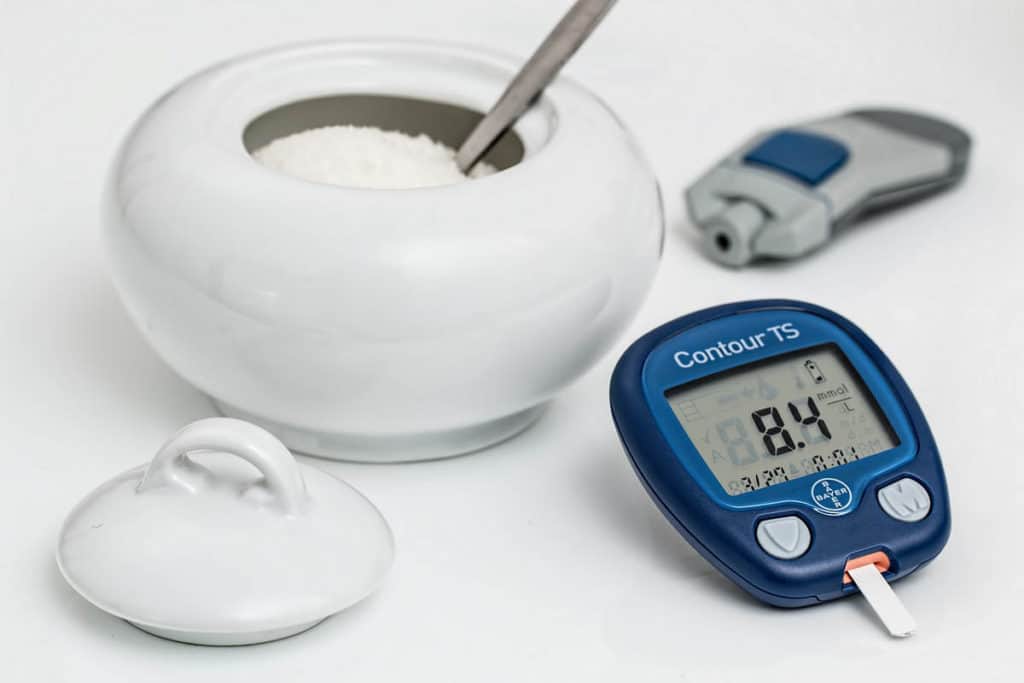
A fall in the glucose blood levels not only results in a feeling of lethargy, but also a deficit of energy in the brain, and the feel-good hormone dopamine is not produced. A resulting effect is a number of psychological and physical side effects manifested in the keto flu.
Dehydration and an Imbalance of Electrolytes in the Body
Low sugar levels result in reduced water levels in the body and flushing out of electrolytes/electrolytes are formed from mineral salts consumed in the body like calcium, potassium, magnesium, and sodium. Low blood sugar levels result in low levels of insulin released which in turn makes the kidneys store lesser amounts of water resulting in dehydration.
Carbohydrates are Also Better at Storing More Water
3 Grams of water for every gram of glycogen. This is more than fats and proteins and the depletion of glycogen levels results in further dehydration. The flushing of electrolytes from your body usually happens in the first five days, and along with the accompanying dehydration and low glycogen levels, it causes symptoms such as dizziness, cramping of muscles, nausea, gastrointestinal issues, and headaches.
Hormonal Stress Response
As your body makes the adjustment to depending on fats for energy, there are changes at the hormonal level too. One of those affected is the T3 thyroid hormone whose levels drop with the reduction of dietary carbohydrates. The T3 hormone along with the T4 hormone is responsible for the regulation of body temperature, metabolism rate, and heart rate. When T3’s levels reduce, you may experience fatigue and brain fog as symptoms of the keto flu.
The changes in the diet also result in the release of cortisol a stress hormone. Cortisol is released as a reaction to signals that your body is starving which is the natural role of ketosis, and it aims to protect the brain. The release of cortisol will lead to irritability and insomnia among other symptoms.
These three primary changes account for most of the symptoms you experience as you adopt a fat-heavy diet. They may sound serious but if you have a carefully planned diet and you have no underlying medical risk factors, then your body will self-correct itself within a week, and there is nothing to be alarmed about.
Keto Flu Symptoms and How to Remedy Them
To help you cope with the keto flu without giving up on the diet here is a look at the most serious symptoms and how to cure them.
Headaches
Headaches are painful and also irritating. Before you make painkillers part of your routine for the term of the keto flu, you should take a look at your diet. Headaches are largely caused by dehydration and electrolyte imbalance.

Drink plenty of water and fluids rich in electrolytes. Make sure you eat plenty of vegetables containing the different mineral salts while meeting your recommended sodium daily intake through homemade solutions like sea salt and beef and chicken broth.
Cramping
Cramping is another symptom caused by a lack of compensation for the water loss and the electrolyte imbalance that happens as a result of low insulin levels in the body. Besides the lack of water, low potassium, and magnesium levels also cause cramping. Animal protein makes an excellent source of proteins while leafy green vegetables will help you meet your magnesium requirements.
Constipation
Constipation is a complex issue when it comes to making the switch to the keto diet. A variety of things can result in constipation. First off, the sharp reduction of carbohydrates in your diet especially starchy vegetables means you lose most of your dietary fiber sources. Lack of fiber in the body along with dehydration results in constipation. Nuts are a good source of fiber.
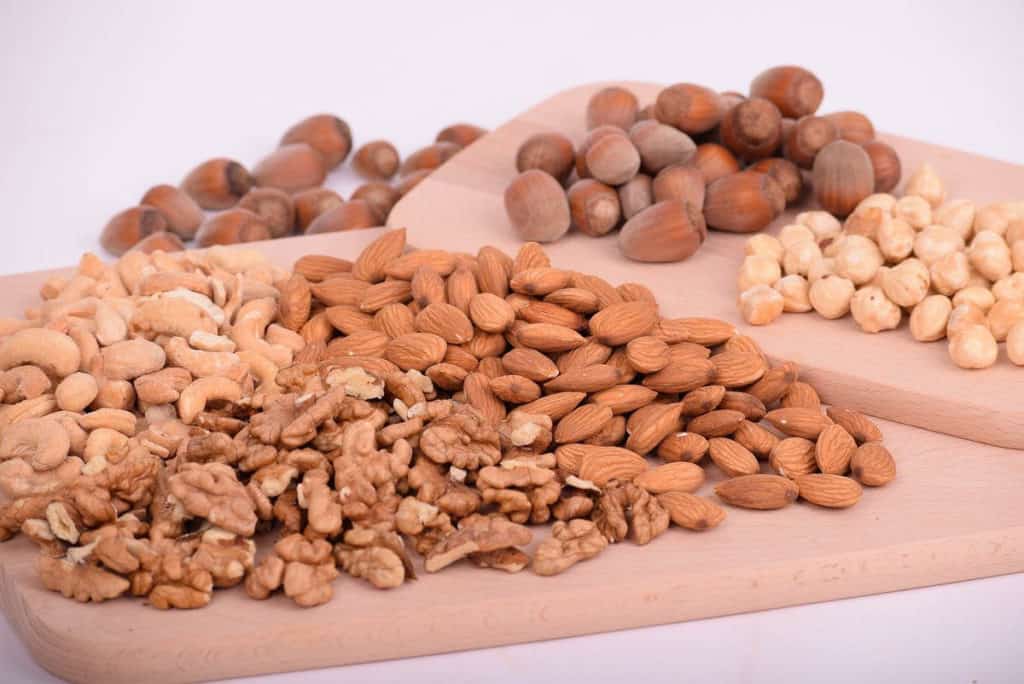
You can solve this by eating fruits and vegetables that provide fiber although this has to be in moderation since too much fiber also leads to constipation. You can also prevent constipation by using medium-chain-triglyceride oils or MCT as fats help enhance bowel movement.
Fatigue, Low Mood, and Cravings
These three symptoms have related causes and ways of curing them. Mood and fatigue are largely caused by low glucose levels and energy levels in the early days of the transition. The associated hormonal changes lead to low moods and increased irritability. The same is also true for fatigue where the effect of low energy levels is further aggravated by the release of cortisol. Cravings also happen as the mind tries to adjust to the lack of sugar.
However, as the body adjusts to the more efficient energy source in ketones these symptoms disappear. Cravings will also go away though you can counter them by making use of the numerous keto recipes online as alternatives.
What to Avoid Doing Whilst Experiencing Keto Flu Symptoms
Along with the cures for the symptoms, avoiding certain habits and activities will help you cope better with the condition.
- Don’t focus too much on calories: – when on a keto diet, the focus should be on the type of food you are eating and not the calorie intake. This is especially true in the first weeks since your body will be making drastic changes and if you count your calories. You will starve and experience major negative side effects. Eat to your full as long as they are healthy fats from foods like eggs, avocados, fatty fish, etc. supplemented by leafy vegetables.
- Reducing sleep hours: – your body needs to rest especially during this period to counter the effects of cortisol and reduce fatigue. Staying up late only worsens most of the symptoms so practicing good sleeping habits is a must if you want to improve sleep efficiency and quickly transition to dependency on ketosis.
- Go easy on physical exercise: – your body will be dealing with a deficiency in energy levels so physical exercises and activity will only serve to aggravate them. You can limit workouts to stretching and give your body time to fully adapt to the new energy source.
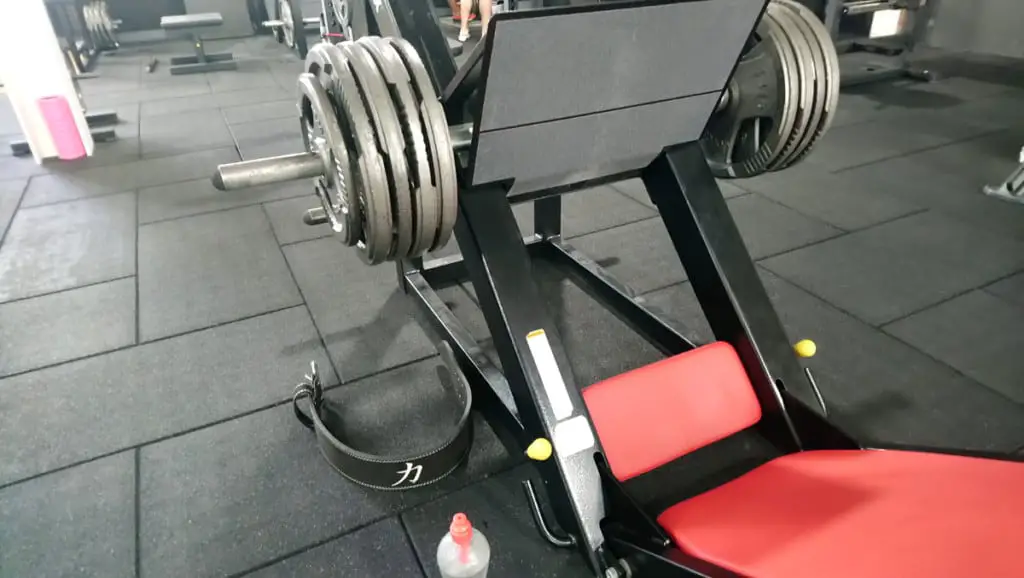
Keto flu can easily discourage you from going on with the keto diet but it should not. Understand that it is temporary and a sign that you are on the right track. With these cures for the significant symptoms, you will cope easily for the few weeks you will be affected.
Conclusion
I hope the keto flu symptoms have not deterred you from trying the keto diet. There are many health benefits to the diet, especially as it was first designed to help children with epilepsy. It’s great for weight loss and preventing diabetes.
I found that I slept better and my nose was not blocked all the time when I went low carb.
The keto diet has become very popular with celebrities, you can my articles Jenna Jameson Keto Diet Plan and 11 Celebrities on the Keto Diet and What They Have to Say
If you’re looking for a keto diet program check out the 28-day keto challenge and the 3-week keto diet. Both of these provide you with meal plans which will really help you out. You can read my reviews of the 28-day keto challenge and the 3-week keto diet to find out more.
References Used in This Article
- Ketogenic diets: Boon or bane?
- Ketogenic diet.
- What is keto flu?
- Evidence for sugar addiction: Behavioral and neurochemical effects of intermittent, excessive sugar intake.
- Sugar Addiction: From evolution to revolution
- Daily bingeing on sugar repeatedly releases dopamine in the accumbens shell.
- Recent studies of the effects of sugars on Brain Systems involved in energy balance and reward. Relevance to low calorie sweeteners.
- Physiology, Cortisol


